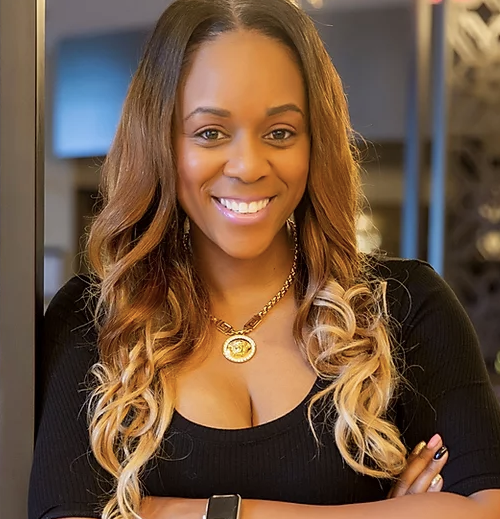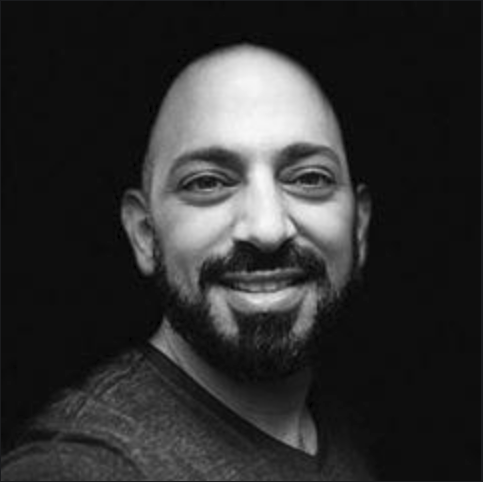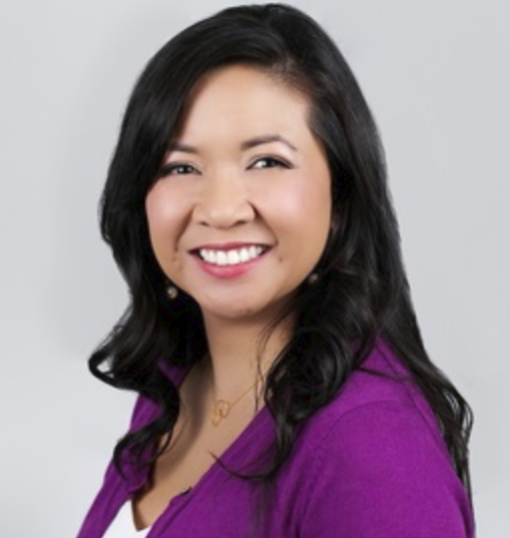How to Become a Therapist eBook
Mark Strauss lends his knowledge in our latest eBook on How to Become a Therapist.
Download for free here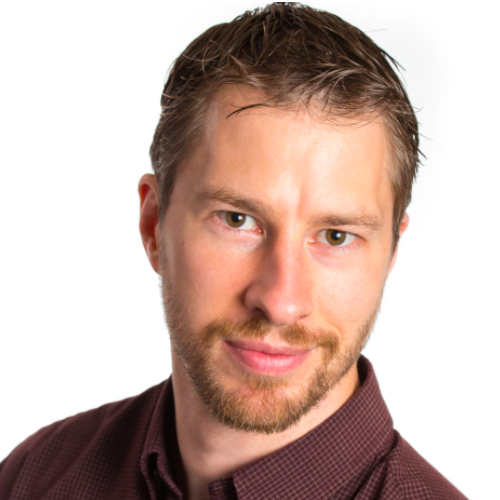
I think I’ll just take the opportunity to thank PocketSuite because you guys have provided me a really valuable service. I ended up going out and finding some other services to see if they match and I came back because the value is here. So thanks for responding to my questions well and being timely in your responses.

Mark Strauss
PocketSuite Therapist Pro
The son of missionaries, Mark Strauss, draws from his early international experiences to help his clients understand diverse perspectives and work through life challenges.
You have built a great organization. What’s the secret to your success?
You have got to start with some good schooling and then you’ve got to get a license. Then it was a combination of good mentoring and fortunate circumstances. I felt like God put me in a great place. As I was getting my training as a counselor, I had good other counselors around me who were looking out for my best interest and who were trying to help me promote my goals. Then I hired a business coach as well and that was the best decision that I made career wise. Because in starting out this private practice, I really didn’t know much about business. I was trained in counseling, not in business. They knew the proper business procedures and advertising processes to help me get set up. So I humbly and committedly followed their advice. It’s enabled me to build a nice practice.
What convinced you that business coaching would be worth the expense?
So these business coaches were really good in that they practiced what they preached. My initial contact, another counselor tossed me a flyer, that said come to this six hour webinar in person seminar for $90. I was like, man, at the time I had just finished school, I was trying to get a business started and $90 was a lot of money. I was debating and somebody said, well, if it gets you one client then it’s paid for itself. I thought, oh yeah, that’s really good. So I went to the seminar. I learned a lot. What they did in the seminar was show their work. They had all of their people who had them as coaches stand up and they said “Who’s fully booked?” and half the room stood up. Anyone who has a full roster of clients who is making this much money a year. They all stood up. I was like, wow. All the people in the room who were getting coaching said “I just followed what these people told me to do. It worked.” What they taught me is that if you can get somebody to be interested and buy in with just enough interest, then you have their attention long enough to be able to show them the benefit of the product that you offer. What got me willing to invest was they told me, we know where you want to go. We can get you there. Here’s the evidence. That’s the foundation of marketing. Since it worked on me, I was willing to hire them to teach me how to do that.
I understand you grew up in Africa. Can you share more about what that was like?
I grew up in Ethiopia and my parents were there working with the church. My dad helped start a bible school to help train Ethiopian pastors on how to study the bible and lead their churches. My parents went there while Ethiopia was a communist country. Then when the communist government fell and democracy was established, they were able to create a full fledged bible college there called the Evangelical Theological College. So that’s what brought them there. I grew up there and people ask me “What was it like?” I respond, “Well, it was normal as normal can be. I didn’t ride any lions to school.” …That gave me an international background. I think it also helped me to learn how to appreciate the differences in people.
How does that skill help you in your counseling work?
I developed the value or character trait to be able to come to the table with somebody, recognizing that differences are differences rather than difference is wrong. A recognition that everybody does something for a reason. If you understand the context for which something takes place, then that action or behavior is going to make sense. That really enables me to give people the benefit of the doubt. I found that that really works well for me in whatever I’m doing. If I can approach somebody as an optimist and believe that they’re working at their best and doing their best, then we simply have to align our differences. I think it has also given me the ability to see things from a different perspective… I use that skill to help clients empathize with somebody else that they’re in conflict with. I help teach them some of the same reflective listening techniques that I’ve learned and help them try to appreciate and give other people the benefit of the doubt.
How do you advise people on the importance of family?
Especially, even more so than my practice, in my personal life, that’s a huge value for me. I see that as being really important to my practice. What I try to do is help people steer away from some of the things that look good: money, success, power. Because what I find is folks who are 67 years old coming into my office saying these things didn’t pan out for me. They say what I wish is that I had stronger connections with my kids, my friends, and my community.
What about the role of forgiveness?
I think that there are a lot of misconceptions about what forgiveness is. How you give it is an important factor in forgiveness. The key is that you really have to own and identify the hurt that was done to you before you can truly forgive. I think oftentimes our culture treats forgiveness as a sweep under the rug. Moving on rather than a true I’m going to acknowledge the wrong that was done. Then really put the payment of that on myself. I’m going to accept that and move forward. Then the other misconception is that forgiveness always means reconciliation. Reconciliation can only happen when the other person has become safe and trustworthy again. So I worked with those themes a lot.
What types of issues are you helping people work through right now?
There is a process of adjusting to change. Change always brings a level of stress, even when it’s good change. People are trying to adjust. People are trying to shift. With my clients, some of them came in early on talking about the huge benefits of being more connected with their family and being home more and being less busy. Then there’s also this strain of disconnection because all of our meetings are now virtual. I read an article that said Zoom meetings take 50% more energy to stay engaged. So I think there’s a different kind of tiredness or burnout or exhaustion that I’m helping people cope with and address. I haven’t experienced my clients having an extreme amount of anxiety about the unknown and the shift. But I think it’s something that is more of an underlying daily stress of people constantly adjusting to the unknown and then kind of how that manifests itself. I’m usually dealing with helping people with challenges that they’re facing. So some of those challenges have escalated because of the underlying stress and some of them have dropped because of the change in life rhythm.
How do you guide clients through what we’re experiencing right now?
A lot of times when I’m working with my clients, I talk to them about where they go when they’re completely out of control. I share that in order for us to manage stress in life – we’re all going to come to a place where our kid gets cancer or we lose our job or something else significant happens. In those moments, we are now completely out of control. Everybody has to have a safety net. For many people, that’s an existential or spiritual thing. I talk about my relationship with Jesus and how, when I am completely out of control, I know he’s in control and he has me, and he’s going to work all things together for the good of those who love him. So that’s my safety net. The Bible talks about the peace that surpasses understanding, which is the second level piece that whether you’re a Christian or follow some other religion or an atheist, there’s that second level of peace that everybody needs to be able to find and access that comes outside of their control because our control is limited.
Do you promote religion within your practice?
We’re a Christian counseling practice. We offer Christian counseling to those who want it. I’ve worked with Muslims and atheists and Buddhists and folks from all different kinds of religious backgrounds. I would never impose my religious beliefs on anybody. However, there are some people that come to us that I can counsel without making them believe what I believe. I can help them work through their challenges based on their own belief system. Everyone needs that comfort zone. We all need that safety net, what’s that for you in your religion or in your faith background. Then I do have a particularly special skill when I’m working with Christians who want to incorporate their Christian faith into their counseling, because I know the language; I know the jargon; and I know the scriptures. So there may be things that they believe, but they’ve forgotten or that they haven’t come across yet. I can connect dots for them in a powerful way.
What’s your long term business goal?
Great question. My business coach says that I need a much bigger plan and goal. Most of my life, I have found that I didn’t know what I wanted to do next. I enjoyed what I was doing and I have followed the next right steps. I think that God knows that about me and he kind of drops things in my lap. So I don’t know that I recommend that as a strategy for anybody, but it’s worked fairly well for me. I find that God always has a unique spot and work for everyone that is uniquely fitted for what they are gifted at and their abilities and their interests. When I think about vocation, I think about progressively growing into what you were created to do. So with that, it’s always easy to respond to the call because it’s what I was created to do. It’s what I love more than what I was doing before and it fits my stage of life. I want to continue being able to provide for my family; continue to be able to serve people; help them grow in the ways that I’ve experienced growth in life; and right now that’s continuing to do my practice.
Any message for the PocketSuite Community?
I think I’ll just take the opportunity to thank PocketSuite because you guys have provided me a really valuable service. I ended up going out and finding some other services to see if they match and I came back because the value is here. So thanks for responding to my questions well and being timely in your responses. I think you guys really provide a good product. Thanks so much.
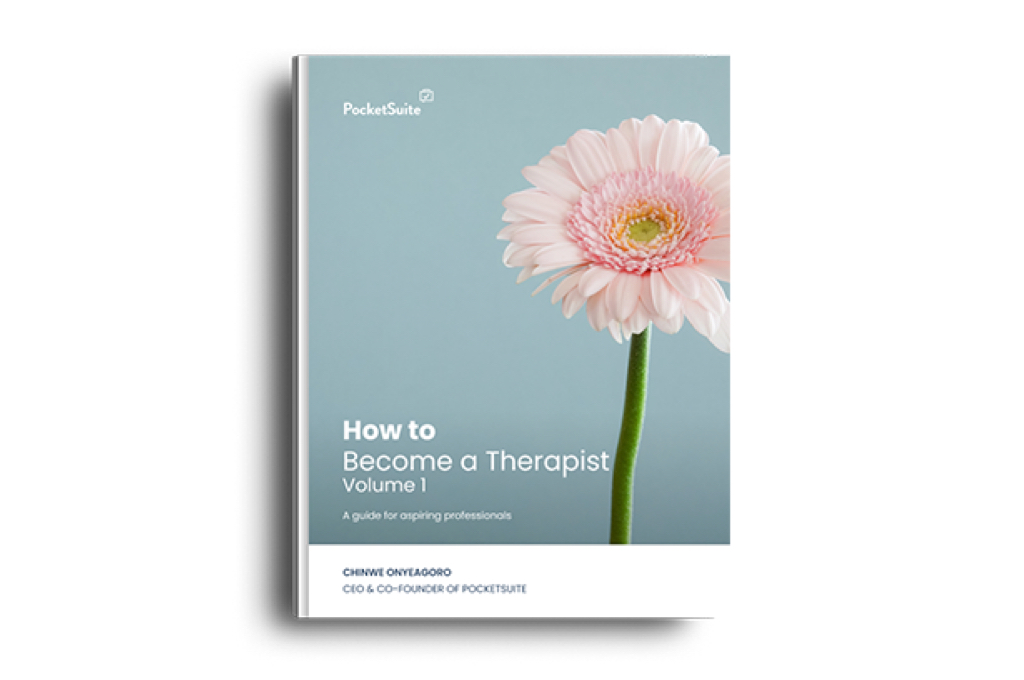
Mark Strauss lends his knowledge in our latest eBook on How to Become a Therapist.
Download for free here

